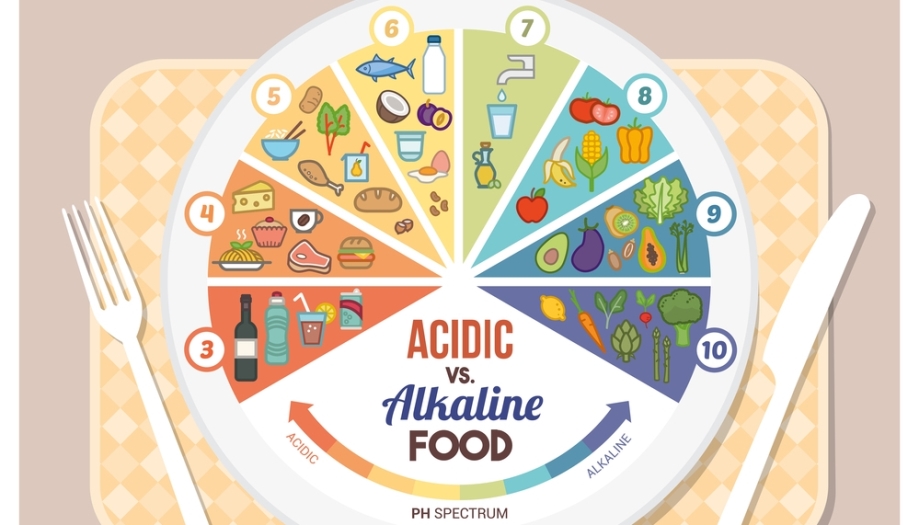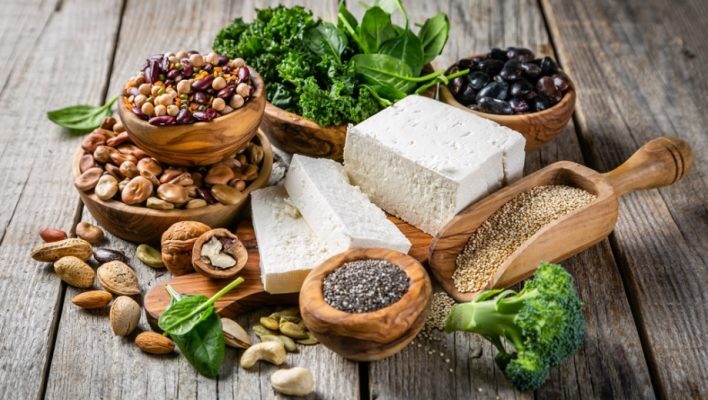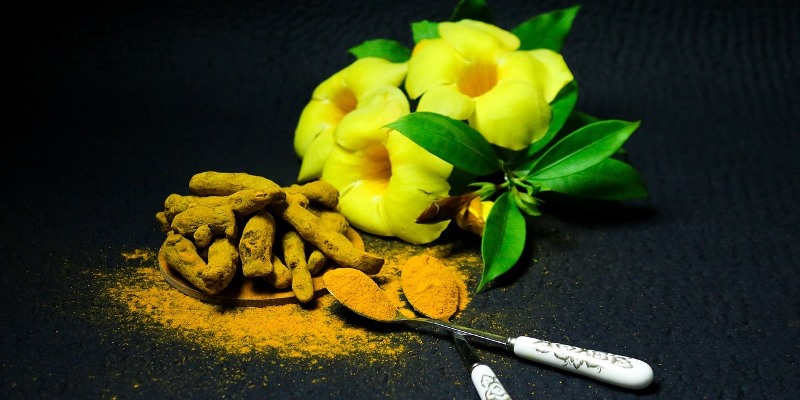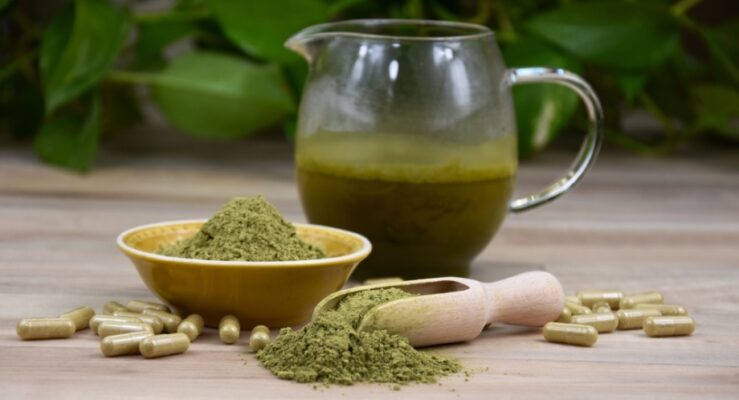
Have you ever wondered if the food you eat impacts your body’s pH balance? The concept of pH balance isn’t just scientific jargon but a crucial part of how your body maintains your overall well-being. If you think of your body as a well-oiled machine, your pH balance is the oil itself that keeps everything running smoothly.
This is your guide to the fascinating process of maintaining your pH balance and how different foods can influence it.
What Is pH Balance?
pH, short for “potential of hydrogen,” is a scale used to measure the acidity or alkalinity of a substance. The pH scale ranges from zero to 14, with seven considered neutral.
Your body maintains a slightly alkaline pH level, typically around 7.4. When your pH deviates too much from this optimal range, it can lead to various health issues. In fact, your pH balance can affect essential bodily functions, from enzyme activity to hormone regulation, underscoring its significance to overall health.
How Is pH Connected to the Food You Eat?
The foods you consume play a major role in determining your body’s pH levels. While some foods are acidic, others are alkaline. Acidic foods include items like meat, dairy, and grains, which can increase the acidity of your body.
On the other hand, alkaline foods such as fruits, vegetables, and nuts have a neutralizing effect, helping maintain a more alkaline pH. Striking a balance between acidic and alkaline foods is crucial to sustaining optimal pH levels.
What Are Some Common Myths Involving pH and Food?
A common misconception is that you must follow a strict alkaline diet to achieve the perfect pH balance. However, your body possesses remarkable self-regulating mechanisms that can maintain your pH levels within a healthy range.
Your kidneys and lungs help to eliminate excess acid and maintain pH equilibrium. While diet undoubtedly influences pH balance, your body’s internal processes work tirelessly to ensure stability without the need for extreme dietary measures.
How Is the Gut Involved in pH Balance?
The gut is often dubbed the “second brain” for a reason. In fact, it has an immense influence on your overall health, including your pH balance.
Within your gut resides a diverse ecosystem of microorganisms known as the microbiome. Probiotics — good bacteria that support gut health — are essential to maintaining balance in this microbiome. More specifically, probiotics for women can support digestive health, immune function, and even pH balance regulation.
How To Strike the Right Balance
Maintaining a balanced pH level involves incorporating various foods into your diet, focusing on a mix of alkaline and acidic options. A colorful plate abundant in fruits, vegetables, and whole grains can help keep your pH in check.
To effectively manage your pH through food, aim for a diet rich in nutrient-dense, whole foods. Incorporate plenty of leafy greens, fresh fruits, nuts, and seeds into your meals to support alkalinity.
Limiting processed and sugary foods can also help maintain a more balanced pH. Hydration is key, so remember to drink plenty of water throughout the day to support cellular function and pH regulation.
While it’s important to be mindful of your food choices, extreme dietary restrictions aren’t necessary. Instead, embracing a balanced approach to eating can support overall vitality and contribute to a stable pH balance.
How Does pH Balance Promote Well-Being?
An optimal pH balance is all about promoting vitality. When your body’s pH is within the healthy range, you may experience increased energy levels, improved immune function, and enhanced overall wellness. Monitoring and managing your pH levels go beyond mere health concerns — instead, it’s an investment in your long-term quality of life.
Balance Your pH With the Right Lifestyle Practices
When it comes to maintaining pH balance, food can have a significant influence. While the connection between diet and pH is undeniable, it’s vital to approach it with moderation.
Rather than obsessing over achieving an ideal pH number, focus on adopting a varied and nutritious diet that supports your body’s innate ability to self-regulate. Remember, pH balance is just one piece of the puzzle. It’s useful to approach your dietary choices with care, considering how each meal contributes to your body’s pH equilibrium.
The next time you sit down to eat, don’t forget that you’re nourishing your natural balance. By making mindful choices and embracing a holistic approach to health, you can pave the way towards a healthier, more balanced you.





















 Find themed health, wellness, and adventure holidays around the world.
Find themed health, wellness, and adventure holidays around the world.